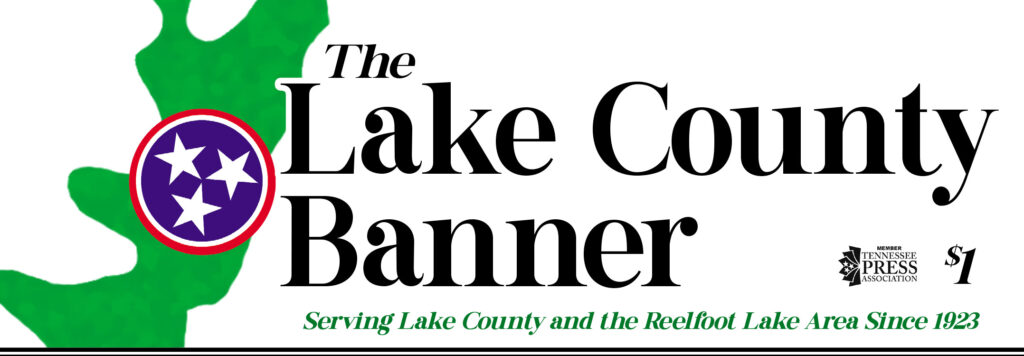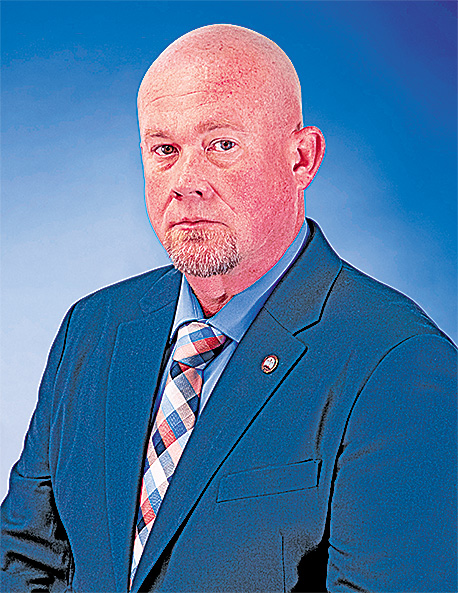The first day you step into your new home is incredibly exciting. However, you’re also now responsible for all costs associated with your new residence, so you’ll need to plan for those. Continue reading to learn about some necessary financial steps to take after buying a home.
Create a Prudent Monthly Budget
Your mortgage is only one of several monthly payments you’ll have to manage in your new home. Other expenses that you’ll need to budget for include homeowner association (HOA) fees, homeowner’s insurance, and property taxes. When you get a better sense of your bills for each month, you can cut costs in other areas to help bridge the gap.
For example, you could have some great ideas for how you want to decorate and furnish your house. However, when you move in, you should give yourself a buffer period to determine what you need and save enough money to pay for those things in full.
Set Aside an Emergency Fund
You never know what kind of sudden repairs and expenses you could be on the hook for. Leaky pipes can cause water to flood and tear holes in your ceilings, and unforeseen termite infestations can chew through your infrastructure. Set up a savings account on the side that’s just for home expenses, and make sure you’re depositing money into it regularly.
Your objective should be to have at least six months of emergency funds to cover repairs or mortgage payments if anything unexpected happens. Having a cash reserve on hand is especially crucial if you’re looking for a new house following a short sale since any mortgage defaults can make owning another home virtually impossible in the future.
Review Your Insurance
Obtaining homeowner’s insurance after you purchase a home is an absolute necessity. A basic homeowner’s insurance policy covers the repair or replacement of your house and its contents in the case of damage resulting from events such as fire, theft, or weather. However, you should consider other insurance policies that are advantageous for homeowners.
A term life insurance policy will cover the same period as your mortgage and should be enough to pay off your mortgage and provide for your family’s living expenses for a few years in case of your death. Disability insurance, both short- and long-term, can help secure you financially if you are unable to work due to illness or injury.
These are just a few of the financial steps you can take after buying a home. Although each situation is unique, employing these techniques can set you up for success and safeguard you in the event of an emergency.







